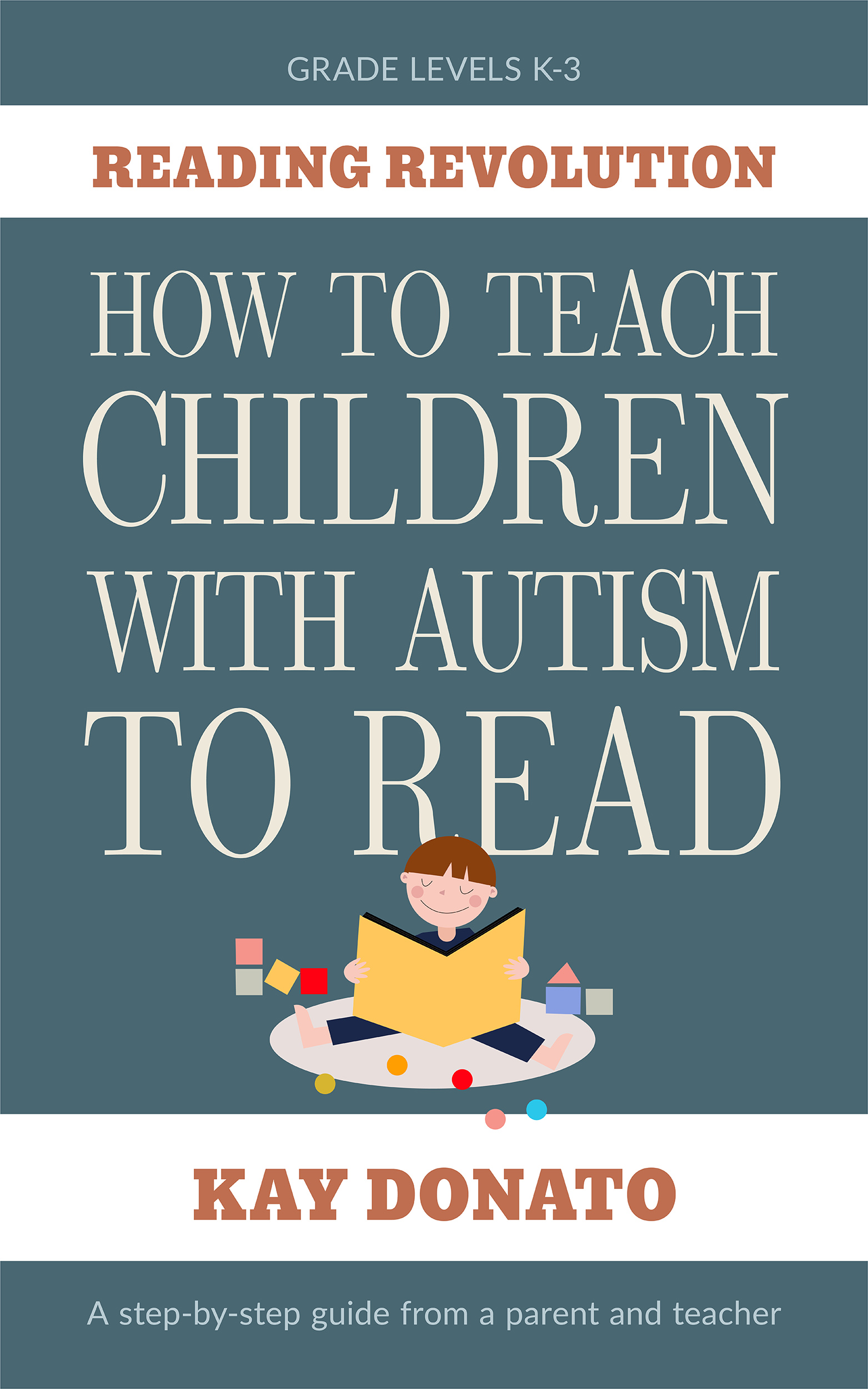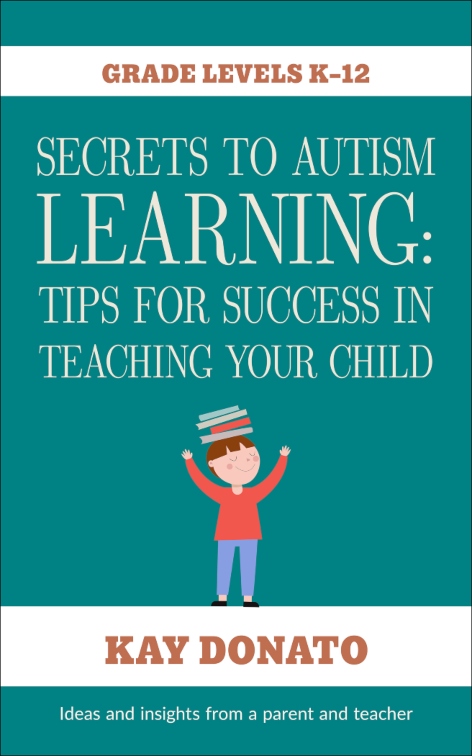Autistic Obsessions: Placing Limits While Encouraging Talent
Autistic obsessions can create a dilemma for parents. How do we encourage our kids to practice their talent while keeping their lives in balance?
As we discussed in an earlier article on this subject, these fixations can be positive or negative, depending on the situation. If you need a refresher, you can find it here.
Because our kids can sometimes get carried away with obsessing over their favorite activities, we can see the need to keep them from fixating on that one thing to the exclusion of everything and everyone else in their lives.
How do we help our kids find the right balance without discouraging their wonderful talents?

How to Limit Autistic Obsessions Without Hurting Your Child’s Feelings
Some kids with autism are very sensitive. My sweet boy is one of them.
For parents of nonverbal children, it may be difficult to know just how easily their feelings can be hurt. In such cases, I would suggest erring on the side of being extra careful since so many of our kids struggle with success.
Because many children with autism suffer from feelings of low self-worth, it becomes very important to be careful what we say and how we say it.
For some kids with mild autism, all you may have to do is simply explain what is appropriate and why. And you might also have to set some limits for them, which we will talk about later on in this article.
Here's a real conversation that took place a number of years ago between a mom and her son, who loved to tell stories.
Her son (we’ll call him “Johnny”) was and is an avid storyteller. For a long time, she allowed him to tell her many stories that he had invented.
His autistic obsessions were quite excessive to the point that he told stories all day every day. Mom allowed it for a while until she felt overwhelmed with too many stories. And she was concerned that people they happened to meet might not want to hear that many stories either.
But she didn’t want to discourage what she knew to be a real talent for storytelling. She realized he may one day write bestselling novels!
While encouraging him to practice his talent, she wanted to teach him how much storytelling is healthy and appropriate.
Mom Explains to Johnny Why He Should Limit His Storytelling
 Too much of a really good thing: A past experience of eating too much chocolate can make a great analogy to illustrate the need to reign in autistic obsessions.
Too much of a really good thing: A past experience of eating too much chocolate can make a great analogy to illustrate the need to reign in autistic obsessions.Mom: Johnny, I really like your stories, and I think you have a real talent for storytelling. I think you have lots of really cool ideas for characters and storylines.
But I think it would be best to limit your stories to just a little while each day rather than all the time.
Johnny: Why? Don’t you like my stories?
Mom: No, honey, that’s not it at all. I really love your stories. And I want to hear them for just a while each day.
Let me explain. Do you like chocolate?
Johnny: Yes, I love chocolate!
Mom: I love chocolate, too! But that doesn’t mean I would want to eat it all day long everyday. If I ate it all the time, I might get sick and not want to eat it anymore.
So what I’m saying is, it’s easy to overdo even really good things. Chocolate is delicious and we really love to eat it, but if we overdid it, that would be a bad thing, wouldn’t it?
Johnny: Oh, I get it. So you really like my stories, but if I tell them too much, what would happen?
Mom: Even though your stories are great and I love to hear them, if you told them too much, I might get tired of hearing them even though they’re really good. It’s just like eating too much chocolate.
I know you want me to keep wanting to hear your stories, don’t you?
Johnny: Yes, I want you to keep wanting to hear them.
Mom: Right. Then we should limit your stories to maybe two or three each day. Okay?
Johnny: Okay, I get it. But what if I want to tell four stories?
Mom: I might be able to make an exception sometimes. But on most days, you should probably save your fourth story for the next day. Okay?
Notice that Mom explained why he should limit his storytelling without hurting his feelings or discouraging him from practicing his storytelling talent. She explained that even good things can be overdone, and also taught him a good lesson in social skills.
Reigning in his autistic obsessions can be good for kids as well as their families. When kids get stuck in a rut, it’s sometimes good therapy to gently prod them away from that fixation and get them doing other things for a while.
Using Examples and Analogies and Setting Limits
I have found that, especially for children with milder levels of autism, it’s extremely helpful to use examples or analogies to explain concepts that may be hard for them to understand.
In the conversation above, notice that Mom gave Johnny the analogy of eating too much chocolate.
I have found it to be practically essential to introduce an analogy that children can understand. Then you can use that example to liken it to the concept that they have a hard time comprehending.
Because even if it’s obvious to us that talking too much about sports or stories will be bothersome to others, our kids might have a harder time understanding why their autistic obsessions are socially inappropriate.
It’s similar to teaching your child to count by having him count out small objects so he can see and understand the concept of numbers and counting. You’re presenting them with an example they can see and understand, and using that to explain a concept that’s hard for them to grasp.
They might grasp these concepts even more easily if you use an analogy from their own experience. For example, if you know that last Christmas your daughter ate too much of her favorite dessert, pumpkin pie, you can talk about eating too much pumpkin pie.
Also notice that in Johnny's case, Mom set an exact limit of two or three stories per day. Then he knew exactly how much storytelling he could indulge in.
I think it’s also helpful that Mom made it clear that the limit is not set in stone. She set a goal to permit two or three stories each day, but allowed for four stories in certain cases.
In other situations, setting a timer may be more appropriate, such as when the activity can be limited by the amount of time spent. I've found setting a timer to be very helpful for my son with more severe autism.
Keeping Balance in Their Lives
The key takeaway lesson here is moderation to a point.
We want to encourage our kids in their talents as much as possible while limiting time spent on their autistic obsessions when it starts to cause problems.
In short, we need to teach them to have balance in their lives. And balance is key to a healthy life.
For more information and detail on how to deal with your child’s autistic obsessions, you can check out this article by ADDitude. It's mostly directed at people with ADHD, but they offer helpful, detailed advice on redirecting children when their interests cause problems.
If you'd like to be notified whenever we post a new article on this site, you can join our email newsletter list by signing up at the top of this page.


New! Comments
Have your say about what you just read! Leave me a comment in the box below.